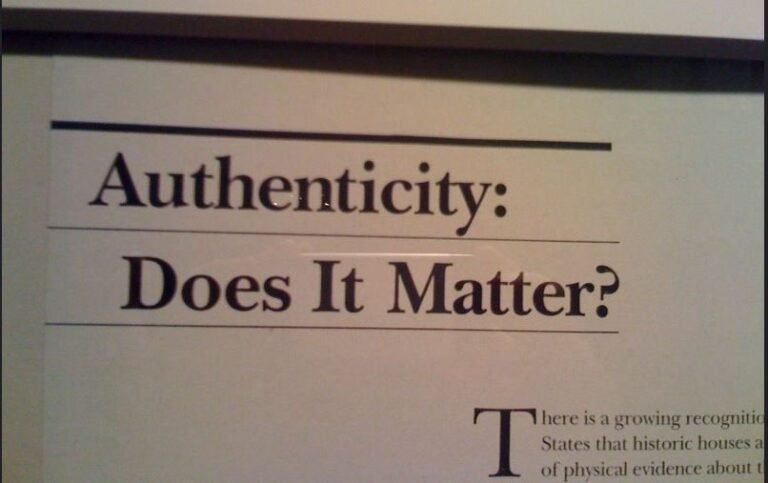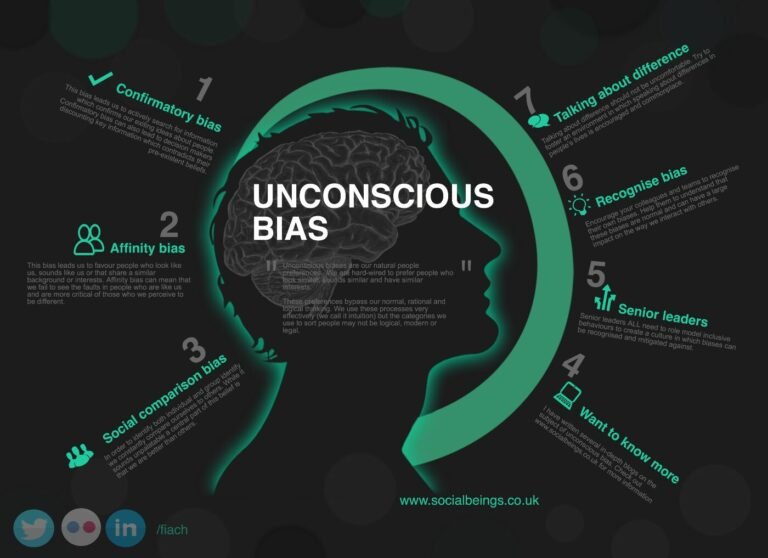Squaring Up for Civility: Embracing Confrontation for a Stronger Future
The Disappearance of Civil Confrontation In recent years, many individuals in our society seem to have lost the ability to engage in civil conversations with those who hold differing opinions. This decline in civil confrontation has severe implications for solving complex problems and coexisting harmoniously. How did we arrive at this point, and how can…











![The Laws of [Social] Motion: Applying Newton’s Second Law to Systemic Racism and Inequality](https://arianlbryant.com/wp-content/uploads/2023/03/image0.png)
